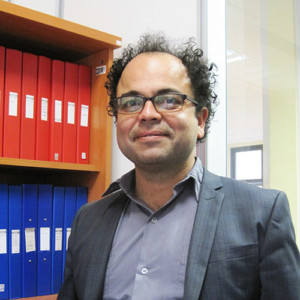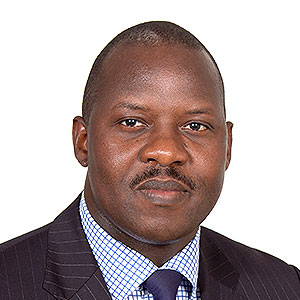Question 3: What are the financing mechanisms required to support efforts to both improve the physical conditions in informal settlements and stimulate the local economic activities such as those undertaken in the informal economy?
Please share your ideas and/or examples below.






 EN_Declaration21032016.pdf
EN_Declaration21032016.pdf
Instituto Estatal de Urbanismo A.C.
Enrique Urueta Gándara Urbanista
De todos nosotros es conocido que el querer crear a estas alturas una ciudad sostenible es una tarea titánica, pero la teneos que intentar porque nuestra obligación es el remediar la serie de problemas que creamos por falta de prevención, la cual va muy ligada a las necesidades culturales, sociales, y económicas de los países, que la mayoría de las veces se tienen que apegar a las exigencias de la inversiones, tanto nacionales como extranjeras, mismas que siempre van ligadas a ganancias máximas a pesar de el deterioro que sufran estas, y aquí me permitiré poner como ejemplo la ciudad de Detroit, que cayo en un vacío que no tiene comparación en ninguna parte de el mundo, y este fue creado bajo la tónica, que el producir los automóviles fuera de esta ciudad es más económico y tienen toda la razón si solo nos fijamos en ganancias de el inversionista, sin tomar en cuenta la cantidad de daños colaterales que causamos con esta actitud y si solo importan las ganancias, menos va a importar el hacerle daño al medio ambiente, destruir el tejido social, si surgen gettos ect., y si no tomamos en cuenta todos los elementos que son importantes para que existan las ciudades sostenibles, seguiremos cayendo en una irresponsabilidad que puede catalogarse hasta de criminal, porque no somos capaces de pensar en lo que estamos heredando a nuestros hijos, pondré otro caso que me llama mucho la atención y que considero es altamente ilustrativo, de el porque de la calidad de nuestras ciudades, en primer lugar recordare lo que nos dice Scott,(urbanista Ingles) lo malo de la planeación moderna es que las nuevas catedrales son los Shopping center. Y nombrare a otro urbanista que es de nacionalidad Argentina , y que a mi manera de ver resume el error de haber abrazado su nación con tanto fervor, la doctrina de el neoliberalismo, y en esta frase resume todo el daño que se le hizo a la ciudad de Buenos Aires: Buenos Aires tiene una trialectica original y patética, ya que tenemos la grandeza europea, los errores de Norteamérica, y las necesidades de America Latina.